Google Webmaster Tools (rebranded Search Console) is a free service everyone should have linked up to their website. Google Analytics tells you what a visitor does. Webmaster Tools tells you how Google sees your site. At a strategic level, it can help you make better decisions on the direction of marketing campaigns, site design, and server side issues.
- How many links did you get this year?
- Are all your paged indexed properly?
- What keywords are you ranking for?
- How does Google score your site’s mobile experience?
- How fast is your site loading?
These are just a few answers it can provide. If you haven’t done an audit before on your store, now is a good time to do it. Find out where you currently stand for everything. Keywords. Backlinks. Sitespeed. Mobile Usability. That way you can form a better marketing plan for next year and execute on that.
Boom.
It’s even more powerful when you link it up with Analytics, Adwords, Youtube, and other Google properties yet to come. More info in a previous article here: 6 Ways To Make SEO & PPC Work Together. So how can this tool help you?
#1: Search Analytics & Keyword Rankings
Search queries in Google Analytics are now labeled as (not provided). Not so in Webmaster Tools! You can still get data on your keyword rankings, CTR, impression count, and compare them to previous time periods. You can also filter the data by keywords, device, and search types.
While some paid SEO tools might provide more granular data regarding the competition’s rankings too, it’s not practical for everyone to pay the monthly subscriptions so this will have to do. There’s a couple of ways to use this data.
One is to see if you’re ranking for the right keywords and brand terms. Export your data to Excel or Google Sheets. Identify the keywords you’re currently ranking #1 to #3 for. How about #4 to #10? #11 to #20? #21 to #50?
There are opportunities for quick wins. Find keywords that you’re ranking #4 to #10. See if you have a high click-through rate (10%+) for them. Do those keywords have high monthly impression counts and matter for your business? If so, check your on-site SEO to see if it’s optimized correctly for that keyword. Title. H1. Image
With one client site, we identified a keyword where he was ranking #8 and getting a 25% clickthrough rate. We fixed the on-site SEO to include that keyword and waited two weeks. Like a magician that pulled out a pigeon, he now ranks #2-#3 for that keyword and its variations. Boom.
Here’s an easy way to keep track of your rankings over time. Every quarter, add up the number of keywords you are ranking for into four groups. #1 to #3. #4 to #10. #11 to #20. #21 to #50. This gives you a high level view of your rankings in different brackets of search results. If you’d like a spreadsheet example, click here.
#2: Index Count & 404 Crawl Errors
Is publishing content a big part of your marketing strategy? If so, you want to make sure every post (or product page) is properly indexed by Google. If there’s 100 products, you want to make sure a similar number is indexed. One way to do this is by submitting an XML Sitemap. Every shopping cart is able to generate one for you. This provides Google with a roadmap and better understanding of your website.
If only my crazy ex girlfriends came with an XML sitemap, it would have saved me years of time! *ba dum tsss*
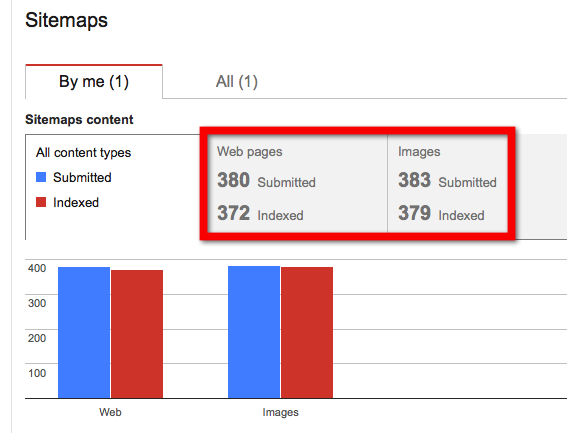
XML Sitemap for Build My Online Store
So what’s a 404 error? It’s kind of like being blocked on an online dating site. One time I was talking to a woman on Tinder, and we got into an argument over Graham Hancock’s work on the history of civilization. She said I’m crazy for reading his book. Nobody in the academic world takes his theories seriously. I never replied and blocked her.
When it comes to your site, a 404 error is when a page goes missing after clicking a broken link. Chances are if your store is at least a year old you’ve got a few. These happen by updating URL of product pages, using short links, or deleting pages that you think are harmless. Google says it doesn’t harm your search rankings, but it provides a crappy user experience.
You can find these under Crawl -> Crawl Errors. I’ve actually got a few at BMOS here (78 links), so I’ve got some work to do over the holidays.
#3: External Links
If you’re publishing a lot of content, doing PR, or getting your brand out there – you want to know who’s linking back. How are those efforts paying off? Google Webmaster Tools provides you with this data. There’s also a filter for internal links so that the data stays separate. You can find this under Search Traffic -> Links To Your Site.
Under this dashboard you will find three areas. Who links the most, your most linked content, and how your data is linked. In each report, you can also download the data to filter out in Excel or Google Sheets.
It’s also great to see which pages on your site are getting the most links. By linking Google Analytics, you can get even more data on referral sites and traffic reports.
For most linked content, this allows you to see which pieces are popular among other websites. If your Google Analytics is linked to Webmaster Tools (it should be), you can see a trafifc report from referring sites at the bottom.
#4: Site Speed
When a site takes more than five seconds to load I always leave. Doesn’t matter if it’s super interesting or naked photos of a celebrity. I ain’t got the patience for that. In recent years site speed has become integral to the user experience. It’s also known that Google puts some weight into this for search rankings. Not only that, but Adwords takes that into account when it comes to calculating your Quality Score. That in turns, affects your ad rank and CPC costs.
Luckily, Webmaster Tools allows you to see how fast Google is fetching your site. Go to Crawl -> Fetch as Google and enter your site to see how fast it’s performing.
For a more detailed analysis, run your site through the Pingdom speed test. It will break down all the HTML elements for you by time. Common culprits for eCommerce stores include large unoptimized images, too much javascript, or an old website theme that is now clunky.
#5: Mobile Usability Errors
Everyone is a smartphone these days. If your site is not at least mobile friendly, Google is now penalizing your site is mobile search results. You can find the mobile errors Google sees under Search Console -> Mobile Usability. These errors will usually be related to font sizes, touch elements, flash usage, and more. It’s a good primer for future redesigns or choosing a new theme.
If you’re using mobile-based marketing channels like Instagram, your site better be mobile-friendly. Nobody wants to click a site and have all the elements out of whack and unreadable. It will lead to a high bounce rate and low ROI to your marketing efforts.
#6: Paid & Organic Search Reports
Adwords has some pretty powerful reporting tools. By linking them up with Webmaster Tools, you can get even more data to see how paid ads are performing against your organic search rankings. This helps you understand how they work together, and how your marketing budget can be better spent over the long-term.
Organic results can help you find new keyword ideas for Adwords that already have search traction. Paid traffic can help you find new keywords to rank for in SEO. Boom. With paid search, Google Shopping, and various other elements dominating the search pages now, you want to get as much real estate as you possibly can.
To use this report, make sure your Adwords and Webmater Tools are linked up together. More info on using SEO and PPC together in an article I wrote a few weeks ago here.
#7: Malware & Security Risks
If your store is hosted on Shopify or Big Commerce, they handle the security risks for you. Which may or may not be a good thing. But if you’re on WooCommerce or Magento, it’s all on your. Unless you are a security expert, chances are you have no idea what you’re doing. Luckily Webmaster Tools provides some early diagnostics if anything goes wrong, so keep an eye out in this area if you are hosting your own cart.
Now Go Audit Your Site
Now you know how to use Webmaster Tools. I’d advise doing a site audit if you haven’t done one in a while. Find out what your rankings are, who is linking to your site, and if there are new keyword opportunities to target for content/SEO the next year.
But hey, if you’re too lazy to do this on your own, get in touch and you can hire me to do it for ya.
Cheers and have a nice week ahead!

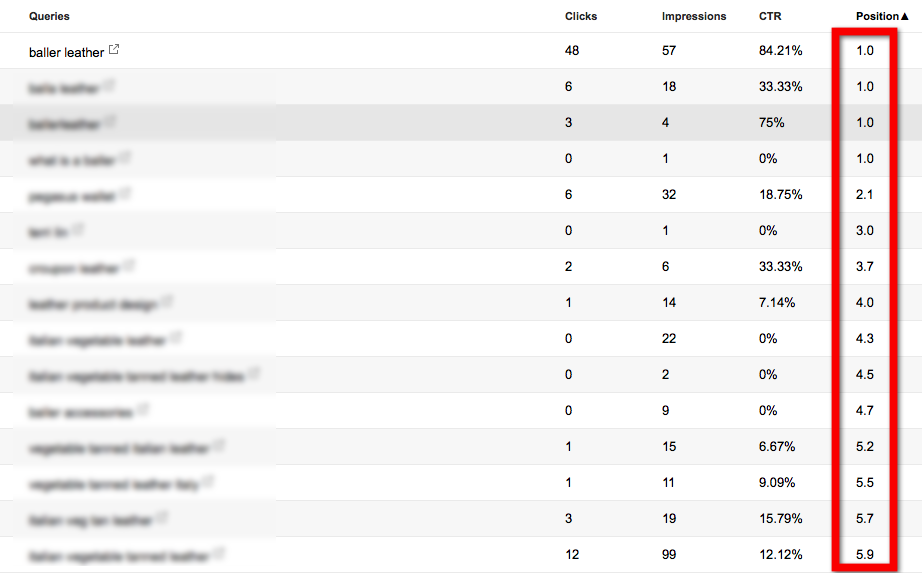
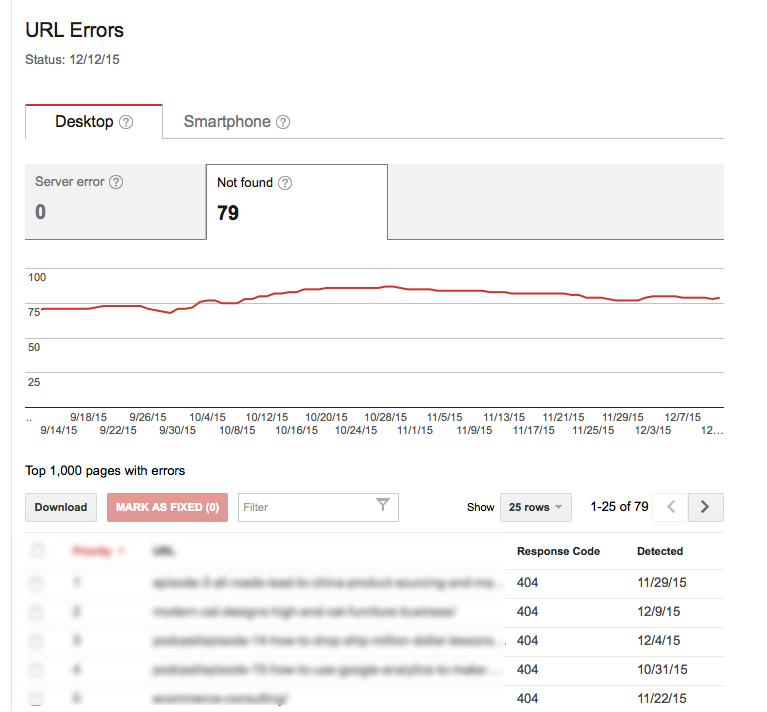
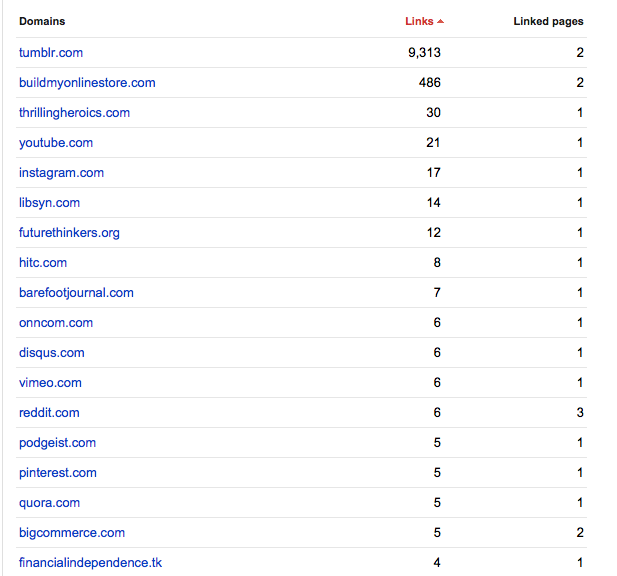
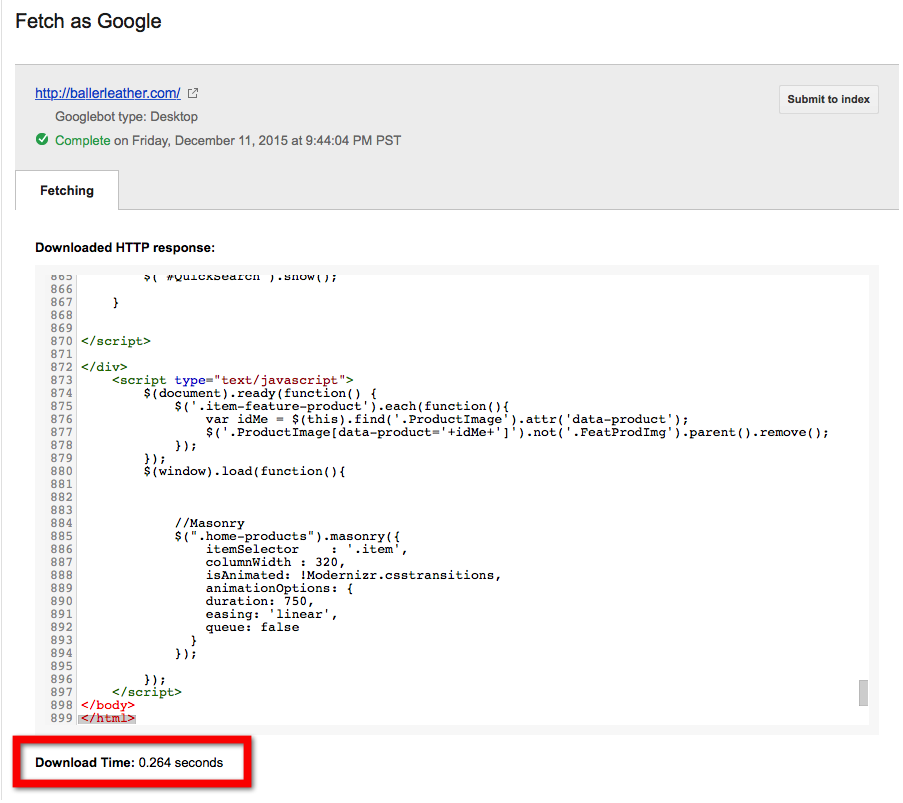
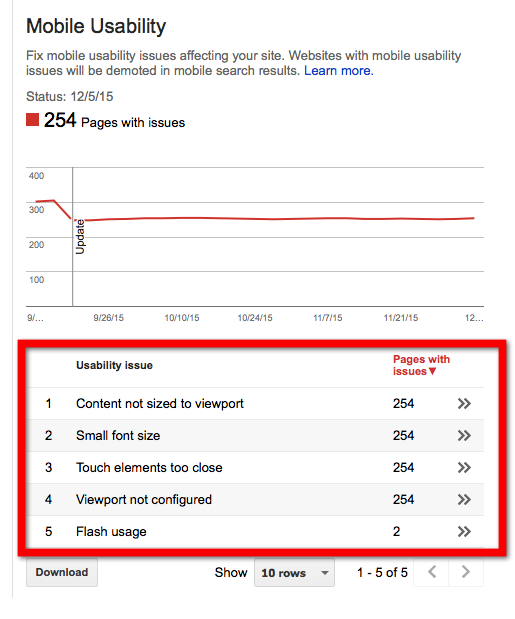
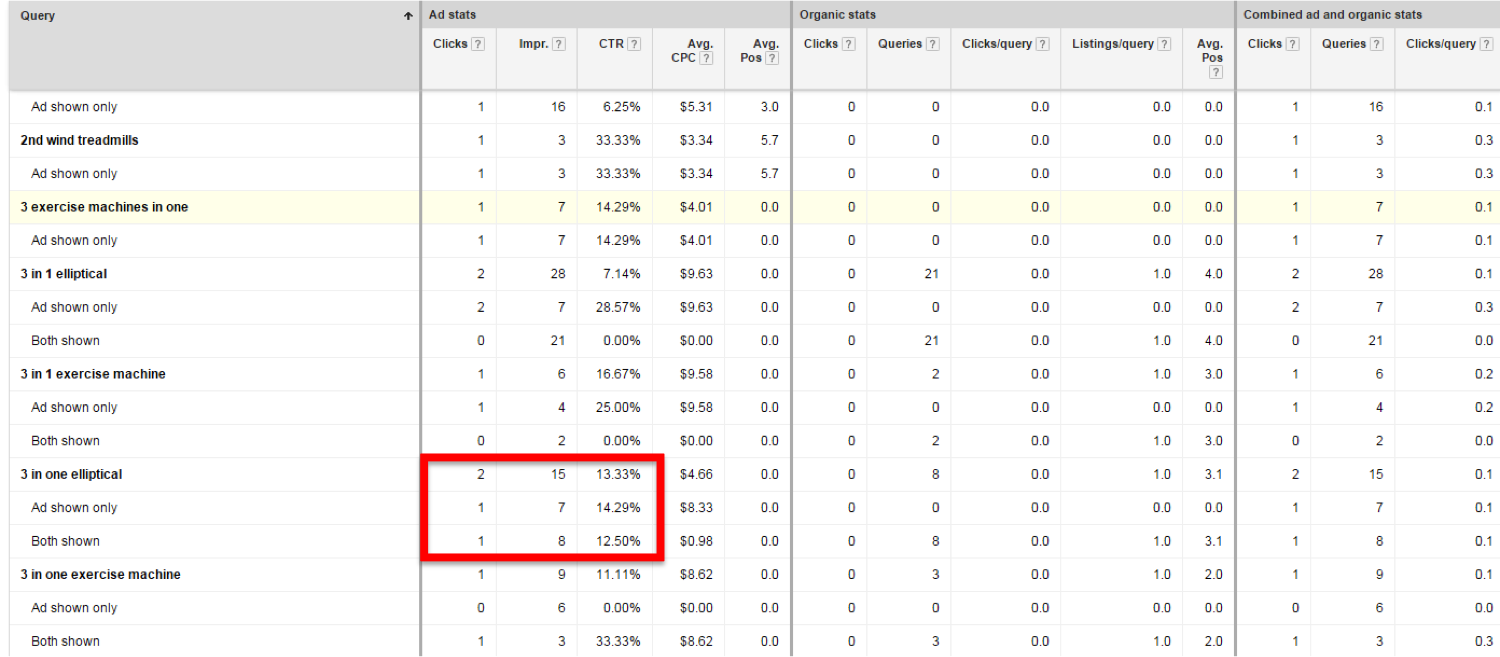
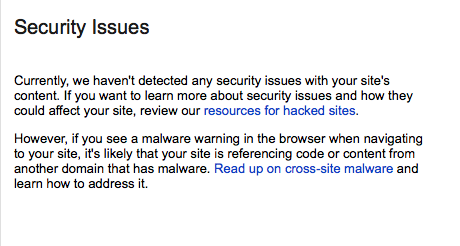
Comments
Excellent article!Love it!myrelakarma.com
Nice Article! If you are looking to set up an online store, you can get your website designed the best at Web Design Annapolis, Maryland